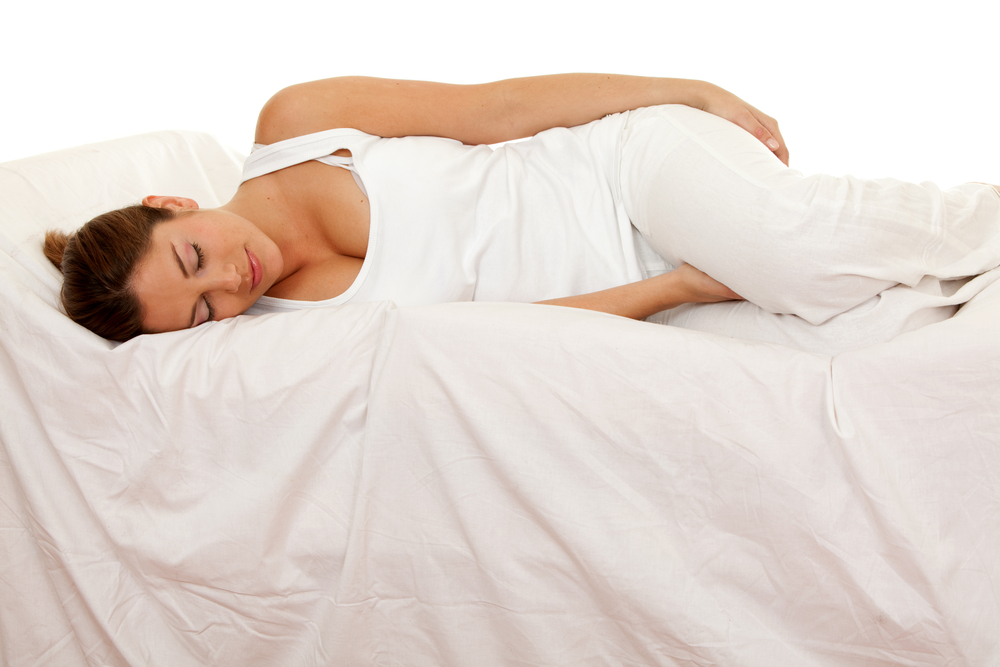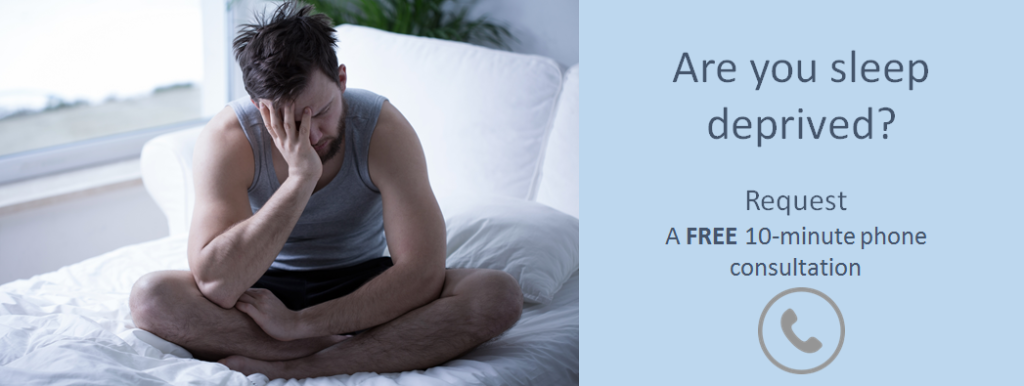
While it might not always be easy to get quality sleep, the good news is that there are things you can do to improve your sleep quality and improve your health, as well. From taking time to understand sleep hygiene better to making some simple lifestyle changes, there can be more than one way to start getting the rest that you and your body need.
The Importance of Sleep
To start getting better sleep, it can often be helpful to first take some time to understand how sleep affects your life, overall. Not only do you need sleep to feel rested and energized when you wake up, but sleep also supports healthy brain and immune system function. However, good sleep doesn’t just help you to feel good, there can also be consequences for not getting enough sleep.
From brain fog to crankiness, a lack of sleep can impact your mood in many ways. In the long term, if you get poor sleep continuously, it may even contribute to things like depression or anxiety. A lack of sleep over a long period of time can also cause you to be more likely to develop other serious health issues as well, like heart disease, stroke, and diabetes.
Sleep and Immune Function
In addition to serious health concerns, a lack of sleep can also lead to poorer immune function. When your immune function is low, you will be more susceptible to things like colds and the flu. When you sleep, your body will produce some of the proteins that your immune system needs to fight viruses. If you don’t get enough sleep, then your body will not be able to create enough of these proteins, which can lead to you not being as able to fight off illnesses. Along with that, your body often does lots of work to heal things like bruises and cuts while you sleep, and not getting enough rest can negatively impact your ability to heal and recover, even from small things.
Eat Well for Better Sleep
If you want to protect your immune function and feel your best, then making sure that you are getting enough sleep is essential. That being said, there are many who may struggle when it comes to figuring out how to get better sleep. The good news is that it can be simple. One effective way that you can help support better sleep is by making sure that you are eating a healthy diet.
From trying out antioxidant powder to including more fresh foods into your diet, there can be many ways to make sure that you are getting what you need to have better sleep. In general, eating foods that are high in sugar and carbs can make it more difficult for you to fall asleep at night. This is because these foods can cause your blood sugar to spike and crash, which means that your energy levels will spike and crash, as well. Ultimately, this can lead to having energy when you should be tired and being tired when you need to be alert.
By trimming out some of the high sugar and carb foods, you can help ensure that you will have healthier and more balanced energy levels. In addition to that, it can also be a good idea to include plenty of fresh fruits and vegetables into your diet so that you can make sure you are giving your body the nutrients that it needs to be supported and create the hormones that will help you fall asleep at night.
If you struggle with dieting overall, then trying out a food journal can be a great way to track your meals and get a good handle on what you might need to change within your diet. Some may think that they have a great diet, only to realize that many unhealthy foods are sneaking in once they begin tracking their meals.
Watch What You Drink
It isn’t just your meals that matter when it comes to supporting good sleep, the beverages that you drink can have a lot to do with sleep quality, too. This is particularly true when it comes to caffeine and alcohol.
While many may enjoy drinking caffeinated drinks early in the day so that they can wake up, they may not realize that caffeine can be keeping them awake at night too. This is due to the fact that caffeine can stay active in their system for up to several hours after they have consumed it. So, even if you are drinking it in the afternoon it could still be hurting your ability to wind down at night. If you don’t want your caffeine intake to hurt your sleep, then you should aim to only consume it early in the morning or to limit your caffeine consumption in general.
Alcohol can have a significant impact on your ability to sleep well, too. Even though it might be possible to fall asleep after you have consumed alcohol, the reality is that it can be more difficult to stay asleep. This has a lot to do with the fact that it disrupts sleep cycles. So, even if you can nod off after a few drinks, you might not be able to stay asleep or fall into a deeper phase of sleep. By avoiding drinking large amounts before bedtime, you can prevent alcohol from impacting your sleep.
Check Your Sleeping Environment
The environment that you are sleeping in can have a lot to do with your sleep quality, as well. When your bedroom is very bright, hot, and noisy, it can often be difficult for you to get the rest you need, even if you are very tired. Identifying what is impacting your sleep and then changing it can often be a big help when it comes to supporting sleep.
If you have a bedroom that is bright, then it can be helpful to try some room darkening blinds, or a sleep mask to help prevent the light from disrupting your sleep cycles. If your bedroom tends to be too hot, then sleeping with a fan or turning the heat down before bed can be good solutions. If there is a lot of noise where you are sleeping, then you may want to try out earplugs, or noise-canceling panels. These small changes may not seem like much. However, the reality is that being uncomfortable when you are trying to relax and sleep can hurt your ability to rest in a big way.
Some Parting Thoughts
Getting good sleep might not always seem easy. However, it can be highly important for your health, especially your immune health. Additionally, the good news is that even if you don’t feel like you know where to start, even beginning with a few small lifestyle changes can make a significant and positive difference.
If you can’t fall or stay asleep, or if you’re struggling with weight-related issues that you think could be related to sleep deprivation, then it may be time to seek answers from your healthcare provider.
In order to start feeling better and reduce the risks of sleep-related issues, start by simply getting more sleep. Examine your schedule and routine and find the time to get 7 to 8 hours of sleep a night. However, if you are already getting the proper amount of sleep, you may have a sleep disorder that is preventing you from getting the quality of sleep you deserve.
If you are struggling with any of the issues discussed in this article, contact the Alaska Sleep Clinic for a free consultation. Click on the image below to request your consultation today.












